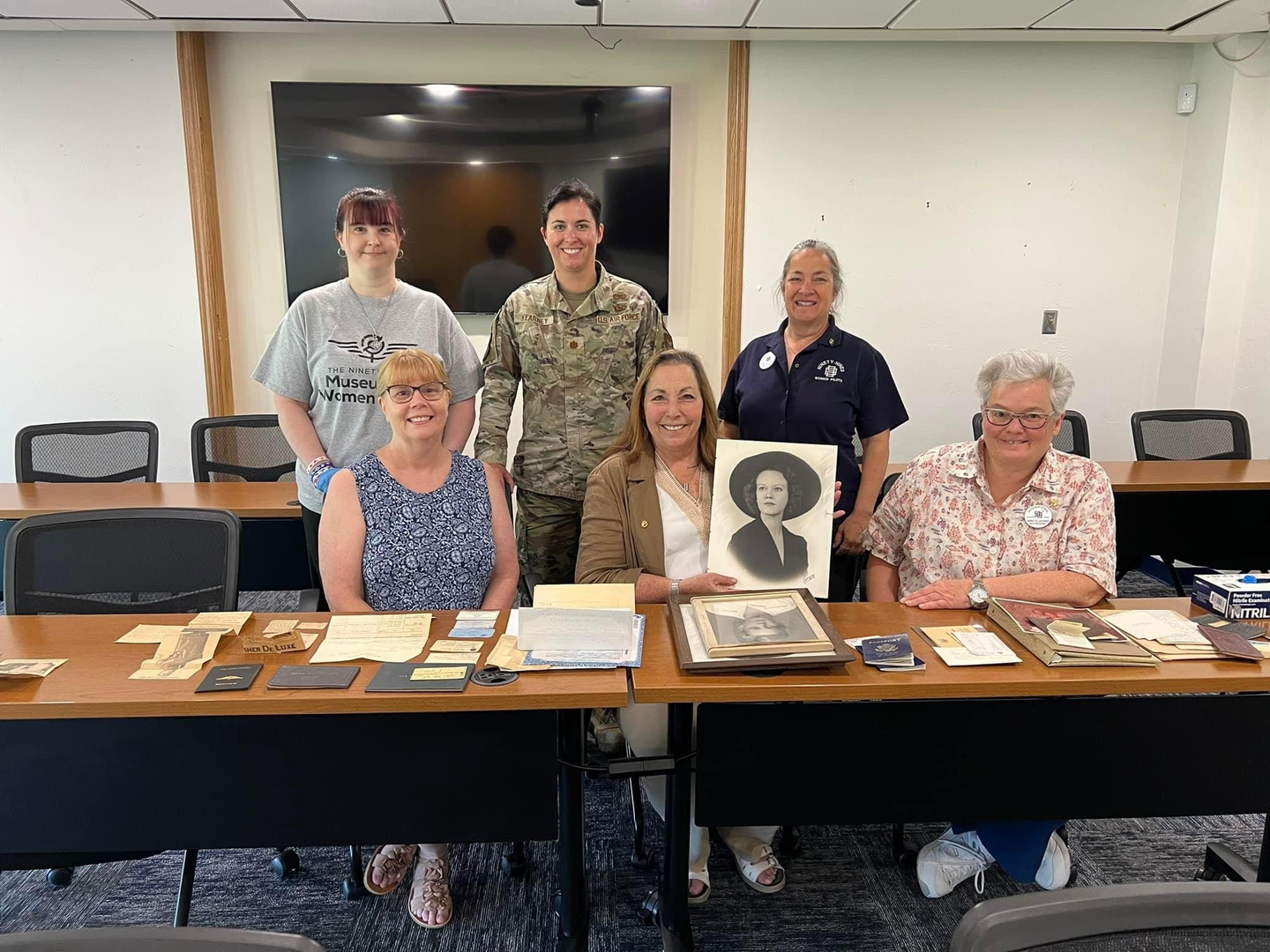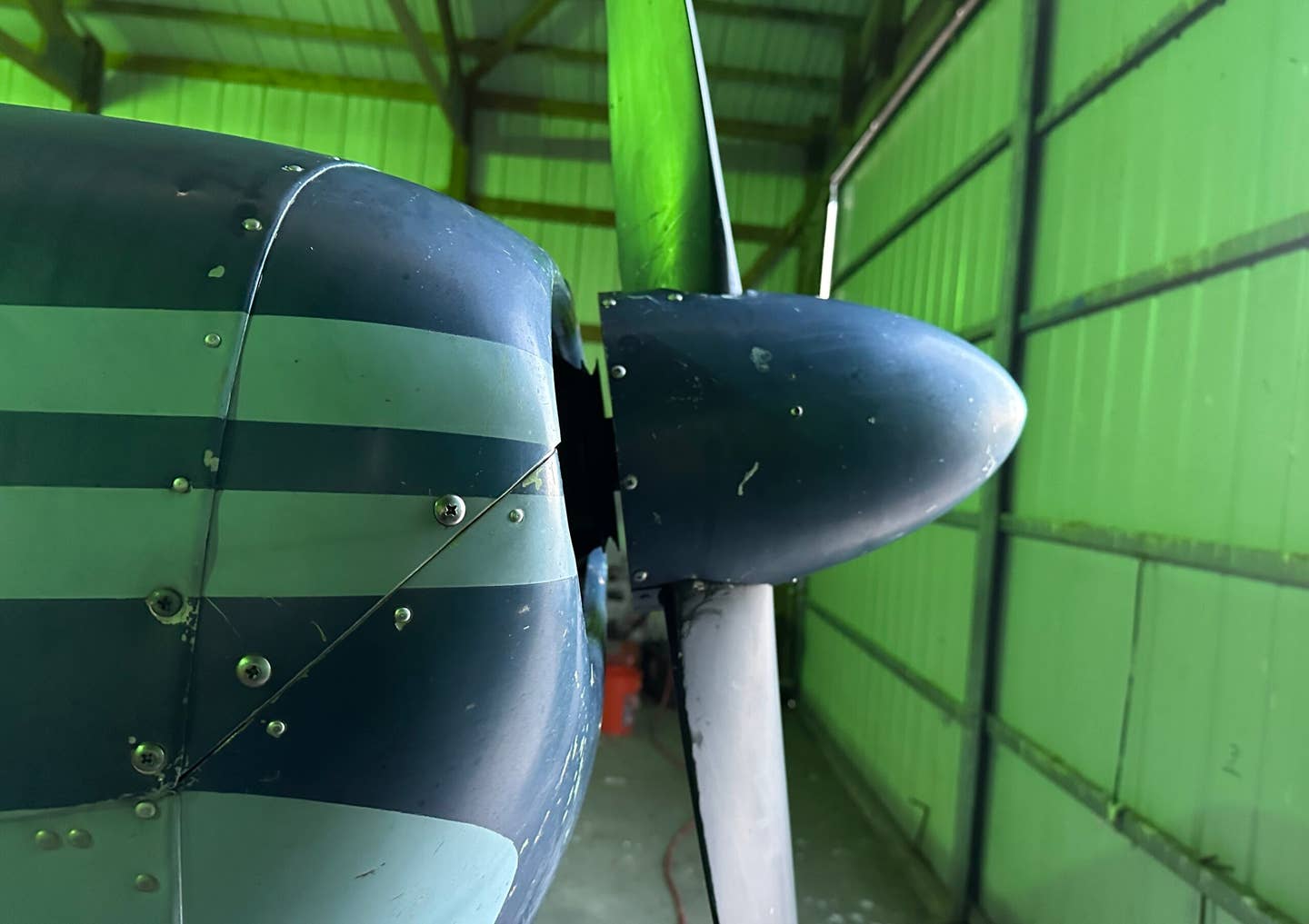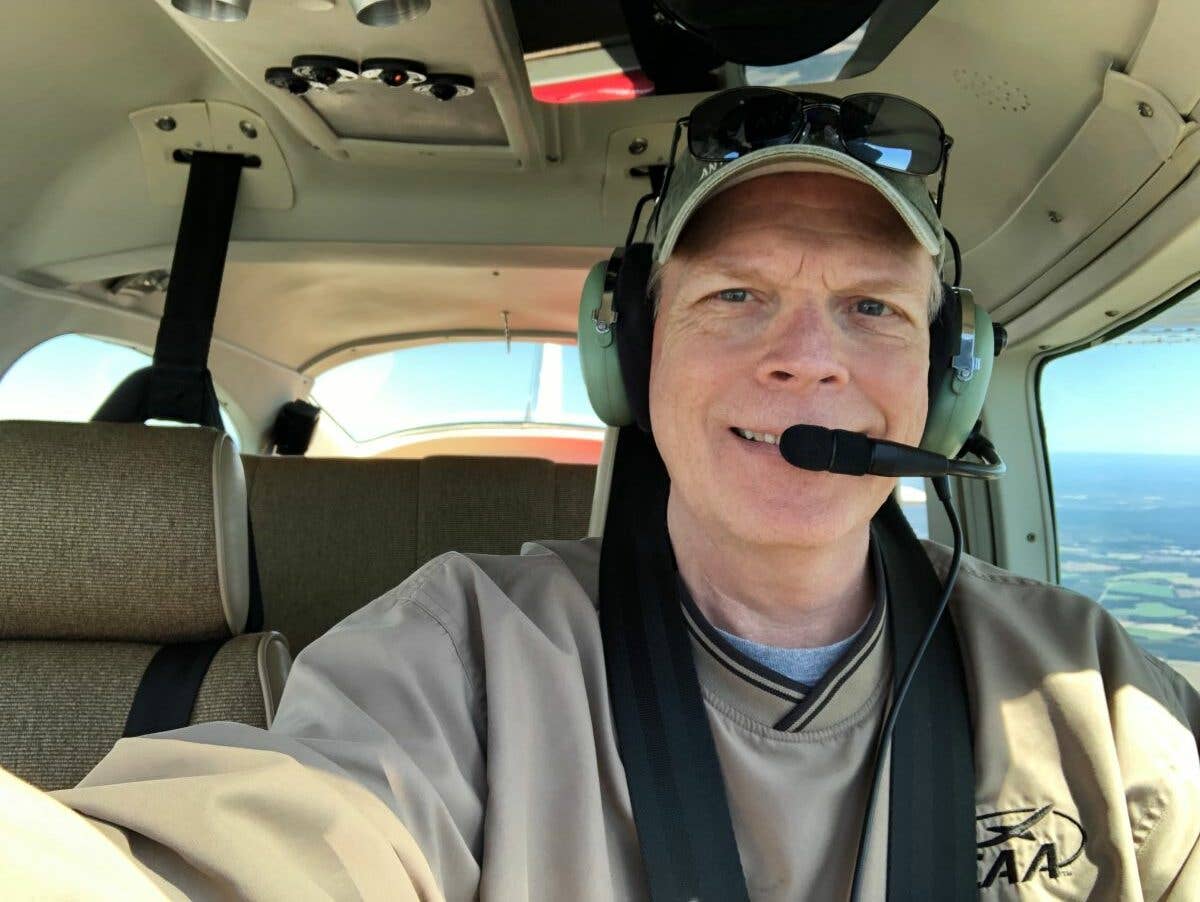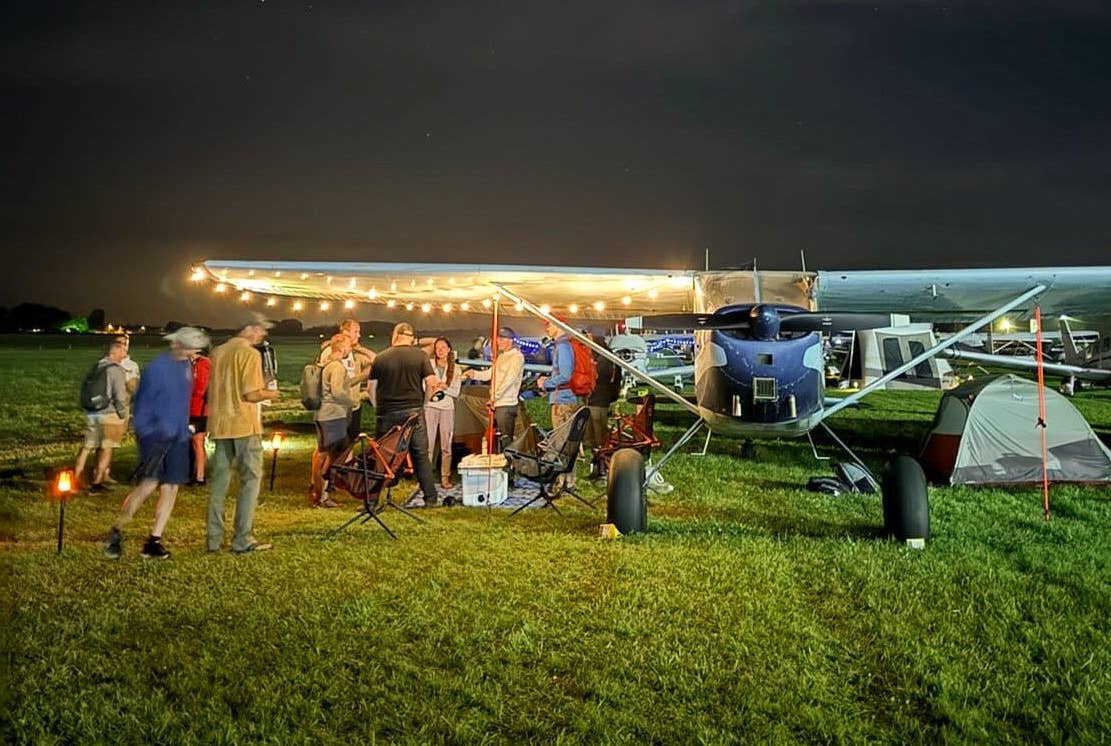
Meigs Field was the best way to fly into Chicago for GA pilots—before it was destroyed in March 2003. [Courtesy Friends of Meigs Field]
I didn’t know who McPherson was, but I knew I hated him.
There, scrawled into the schedule, smack dab in the middle of the weekend I had planned for a flying vacation, was a two-hour block of time during which he had reserved the flying club’s Cessna 172.
I thought I had planned far enough ahead to avoid such frustrations; that particular weekend was, in fact, four months away. But it wasn’t the first time my flying plans had been thwarted by another renter, and it certainly wouldn’t be the last. Over the years, countless other would-be trips would never materialize because of similar scheduling conflicts.
In addition to ruining the carefully considered dates of a future vacation, the realities of renting can also lock a pilot into an inflexible itinerary with little room for adjustment. One time in the late 1990s, my friend Ted and I rented that same 172 and flew it to Oshkosh for a week of ogling vintage airplanes, camping beneath the wing, and ingesting an unholy amount of bratwurst. The trip there went fine, as did our week of festivities. Toward the end of the week, we ran into an airline pilot friend who had to return to Chicago and was in need of a ride.
No problem, we told him. We had room in the Skyhawk and we were taking the lakeshore route home to Michigan, anyway. It would take virtually no effort to drop him off at Meigs Field, and from there it would only take him about 15 minutes to walk to the nearest subway stop. Chicago was a heck of a lot more enjoyable and accessible with that airport in place.
The approach into Meigs Field was epic. Even at pattern altitude, skyscrapers extended well above us and grew ever taller as we descended on base and final. Walking across the ramp to the terminal building, I felt as though I had been somehow sucked into Microsoft Flight Simulator, where over the years, I had logged considerably more flight time than in the real world.
While saying goodbye to our airline pilot friend and admiring the beautiful skyline in the falling dusk, the FBO receptionist walked out and gave us a friendly reminder that the airport would be closing in 10 minutes. Not just the FBO, but the entire airport.
This was a piece of information that would have been immensely useful to us had we thought to review it beforehand.
Our sprint across the ramp to the airplane resembled the scene of a World War II air raid scramble, if those WWII pilots were out of shape and heavily laden with Wisconsin airshow cuisine. We completed the checklists swiftly but diligently, and then cranked the engine. And cranked it. And cranked it some more. We checked the time. The engine wasn’t starting, and we had exactly three minutes remaining until the airport closed and we became stranded in downtown Chicago.
“We may not make it out,” Ted observed. “Yes,” I replied as I looked back over my shoulder at the majestic skyline, bursting with activity, nightlife, and hotel rooms that were decidedly more luxurious than the tent accommodations we had been using for the past week. “That would indeed be tragic.”
Never before and never since have two pilots so strongly willed an engine to not start. Faced with a choice between dutifully returning the airplane on time or treating ourselves to an impromptu post-Oshkosh night on the town in Chicago, we badly wanted a legitimate excuse to partake in the latter.
But we knew an overnight delay would have ruined at least three or four lessons scheduled for the following day at our flying club, and in the end, the Lycoming gods came through as per usual, providing us with a good start and a safe flight home.
We spent that entire flight reflecting on what a great time it would have been had we not been constrained by the realities of renting, and what other things we could have done if we were able to adjust our plans on a complete whim.
Instances like these, I came to understand, plant the seeds that eventually grow into ownership. Though my experience as an owner is still minimal, I’ve already felt the odd freedom of being able to adjust my plans as I see fit or indeed, to not make plans at all, knowing that I can always whip some up at the very last minute.
This benefit of ownership isn’t easily quantifiable. It doesn’t show up on a spreadsheet, and it is easily forgotten as we sift through the hard financial and mechanical facts that drive the purchasing process. But when all that is behind you and you find yourself presented with great weather, no commitments—and no other pilots depriving you of the airplane—it’s an entirely new layer of freedom that can make aircraft ownership truly sublime.
Jason McDowell is a private pilot and Cessna 170 owner based in Madison, Wisconsin. He enjoys researching obscure aviation history and serves as a judge for the National Intercollegiate Flying Association. He can be found on Instagram as @cessnateur. You can e-mail him with any questions or comments you have.

Subscribe to Our Newsletter
Get the latest FLYING stories delivered directly to your inbox






